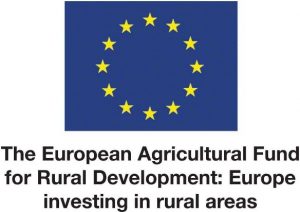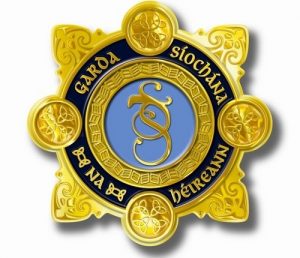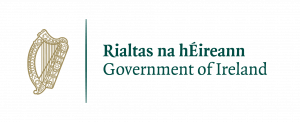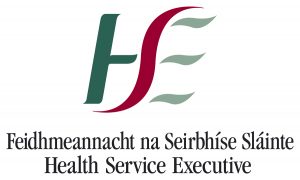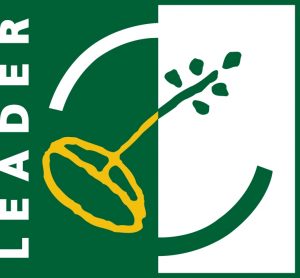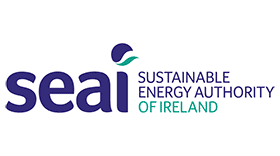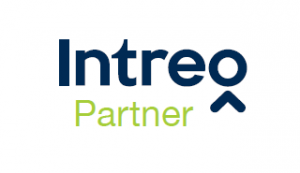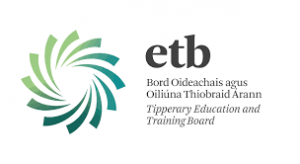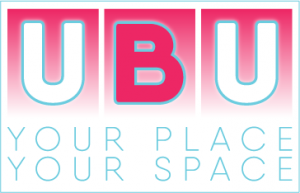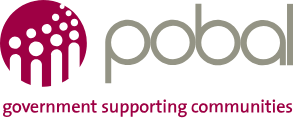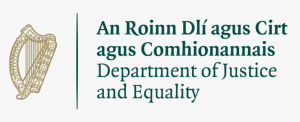The Government has agreed a €5bn package of 50 new measures to boost economic recovery and get people back to work.
The measures include a 2% cut in the standard VAT rate from 23% to 21% for a six-month period, a €100m package of employment supports to deliver 47,500 training and apprenticeship places and a €450m package of business supports.
A Stay and Spend tax rebate worth up to €125 per person to assist the tourism sector in the off-season based on a spend of €625 is also included.
The €5bn in measures announced today does not include the €2bn credit guarantee scheme previously announced by the Government.
The Temporary Wage Subsidy Scheme (TWSS) will be replaced by the Employment Wage Subsidy Scheme (EWSS) from 1 September until 31 March 2021, which will be focused as a payroll subsidy support rather than an income replacement measure.
Certain categories of workers previously excluded from the TWSS, including seasonal workers and new hires, will be allowed to enter the EWSS early, and can receive payments during July and August.
To qualify an employer must be operating on no more than 70% of turnover this year compared to last year.
While the Pandemic Unemployment Payment (PUP) will be extended until April, it will be progressively cut to align with Jobseeker’s Benefit.
Around 60,000 people, or 22% of recipients, will move to the new lower €250 PUP rate from 17 September.
A further 150,000 will be hit by the drop from €350 to €300.
The €100m employment stimulus package will see 10,000 funded work experience places and recruitment subsidies of €7,500 to €10,000 to hire up to 8,000 people.
Grants to take up short duration skills training will double from €500 to €1,000, with 12,500 expected to take advantage of this.
There will also be a grant for the self-employed who do not qualify for business restart grants, and some increases in community employment schemes.
The Department of Higher Education will be allocating a further €100m to deliver 35,000 additional places.
Employers will receive an incentive of €3,000 to take on apprentices.
The Stay and Spend incentive to encourage holiday expenditure will allow people to spend up to €625 in hotels between this October and next April.
The tax credit will be worth a maximum of €125 per person.
Eligible facilities would have to be registered with Fáilte Ireland and the incentive will not cover alcohol. The estimated cost of the incentive is €250m over this period.
First-time home buyers will receive assistance to stimulate demand.
The current limit of 5% or €20,000 to qualify is being increased to 10% or €30,000. This measure has been costed at between €18m and €20m.
The €1,000 allowance to promote expenditure on cycling is being increased to €1,250, and to €1,500 for electric bikes.
The period to avail of this is being reduced from every five years to four years.
There is a package of measures to boost cash flow for businesses, and the self-employed, including reforms to how trading losses can be carried against the previous year and tax warehousing.
The €450m business support package includes €250m for the Restart Grant. This grant will rise from a maximum of €4,000 to €25,000.
The staffing threshold for qualifying companies rises from 50 to 250, or a turnover of up to €25m.
The Taoiseach described the stimulus package as an unprecedented set of measures required for unprecedented times.
Micheál Martin said the plan would cost €5.2bn, but he said no one should be in any doubt that we are not returning to pre-Covid normality.
He said the extra borrowing needed for the package was sustainable.
The Tánaiste and Minister for Enterprise, Trade and Employment said the measures announced today are bigger in scale than most budgets and will be deployed at speed.
Leo Varadkar said the package is designed to help businesses to reopen and to get staff back to work, adding there are new opportunities for those whose jobs have been lost.
Minister for Climate Action, Communication Networks and Transport Eamon Ryan said the package will help those whose jobs are most at risk and provide opportunities for those who need to reskill.
He said the measures will also support businesses to stay open.
Minister for Finance Paschal Donohoe has defended not cutting the hospitality VAT rate of 13.5% in favour of the reduction of the standard VAT rate from 23% to 21%.
He said: “We believe a very broad and big tax reduction is a more effective way of helping more either spend their money or keep a business going.”
He pointed to the Stay and Spend and the updates to the Temporary Wage Subsidy Scheme as measures for the hospitality industry.
He said 2.8 million people would be able to avail of the Stay and Spend scheme and that it could be implemented quickly in its current format.
He said this gave the best chance possible to creating new jobs in the hospitality industry.
Representative groups and businesses have also been giving their reaction to the plan.
SME Recovery Ireland welcomed some of the elements announced, but described the overall package as “lacking in scale and ambition”.
Source: https://www.rte.ie/news/business/2020/0723/1154996-stimulus-package/






